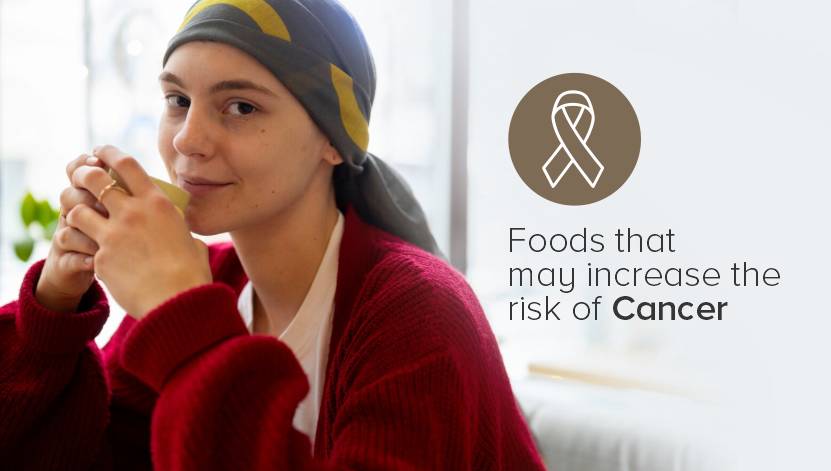Many believe that cancer is caused by genetics, and while that may be true for some, several studies have shown that lifestyle and diet play just as significant a role in the development of the disease. While there's no guaranteed way of avoiding cancer entirely, knowing which foods to avoid can lower the risk of developing various types of cancer.
